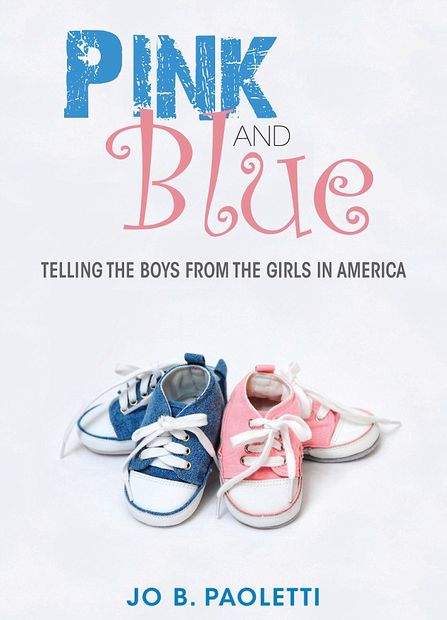
© Wikimedia CommonsSteps on the side of a platform mound at Aztalan State Park in Aztalan, Wisconsin.
Aztalan State Park is deceptively bucolic. On a sunny day, it's a field of green grass on sculpted mounds of earth. The sweltering silence carries whispers of wind and the nearby Crawfish River. Occasionally, a cry of a peacock from a nearby farm pierces the air.
But 1,000 years ago, Aztalan was a hub of activity, a northern outpost of the Mississippian culture that spanned what's now the American Midwest. It was likely a vibrant, thriving community, full of people and children, scented with the smoke of cooking fires, noisy with the sounds of its inhabitants going about their daily work.
And while Aztalan left a physical mark on the landscape of Wisconsin, it was abandoned long enough ago that there is little to no cultural memory or oral tradition about the site among any of Wisconsin's American Indian groups.
Instead, archaeologists such as University of Wisconsin-Madison's Sissel Schroeder and Michigan State University's Lynne Goldstein must look to buried clues to reconstruct a picture of the society that once flourished at Aztalan. That's why they, along with the University of Northern Iowa's Donald Gaff, spent the last five weeks leading an archaeological dig at the site.
Evidence shows that Aztalan's inhabitants "seriously altered, modified and created the landscape that they needed," said Goldstein, who is now a professor at Michigan State but spent the first 21 years of her career at UW-Milwaukee.
The question is, why? And what do these manipulations of the land tell us about how the land was used?
Goldstein, Schroeder and Gaff's dig, which ended Saturday, focused on two areas, referred to as the palisade extension and the gravel knoll.












Comment: Try reading 51 Documents by Lenni Brenner to get some idea of the extent of Zionist-Nazi collaboration.
Psychopaths, like water, always find their level...